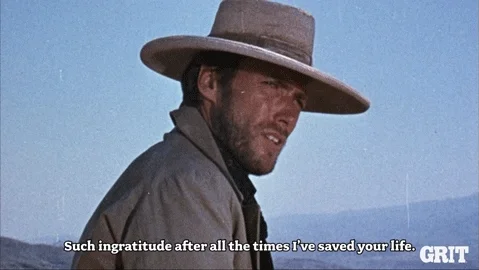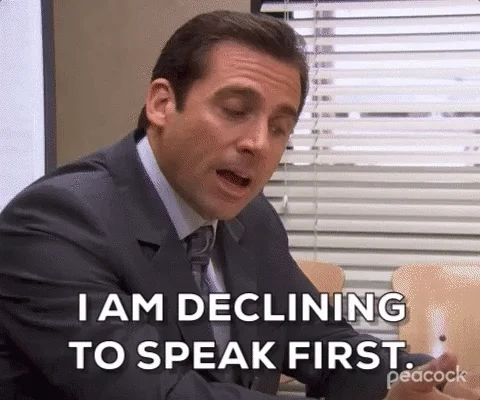
This logo isn't an ad or affiliate link. It's an organization that shares in our mission, and empowered the authors to share their insights in Byte form.
Rumie vets Bytes for compliance with our
Standards.
The organization is responsible for the completeness and reliability of the content.
Learn more
about how Rumie works with partners.

Psst! Want to take a peak into my life as a school teacher in the public sector?
Thought you might!
Get ready for a quick glimpse into what I think are the good, the bad, and the ugly of working in the public sector.
What is the Public Sector?
First, you need to be clear about what the public sector(sometimes referred to as the state sector) is.

Pubic sector = funded by taxpayers' money and focused on providing public services to the citizens of a country.
Here are some examples of employment within the public sector:
Education
Law enforcement
Healthcare
Refuse (aka trash) collection
Social care
Tax collection
It's important to note that the roles and size of the public sector can be different in countries around the world.
Quiz
Which of these jobs would NOT be in the public sector? Select all that apply.
A stock broker and entrepreneur would both be working in private industries, as they're not funded by taxpayer money and do not provide a public service.
The Good
Like any career,working in the public sector has both positive and negative aspects to it.

Let's start by taking a look at some positives:
Job security — Jobs tend to be more secure than in the private sector.
A feeling of purpose — As you're providing a public service, you do feel like you're making a difference.
Strong job growth — There are plenty of jobs and a growing number of opportunities in industries like education and healthcare.
Anecdote Corner:
One of the good memories I've had as a teacher was the chance to work alongside fantastic people.
In particular, we took 50 students to New York City from the UK and were sheltered in a YMCA Hostel for 36 hours during Hurricane Sandy. That experience made me appreciate the sacrifices and risks teachers go through to give students enriching moments.
The Bad

Working in the public sector does have many rewards, but there are also some negatives to be aware of:
Pay — Public sector workers tend not to make as much as their private sector counterparts.
Government involvement — Since the public sector is linked to the government, it can become tiresome when new policies are implemented with little consultation.
Lack of funding — Getting by and doing one's best with limited resources due to lack of funding can get frustrating.
Anecdote Corner:
Back in 2016, the UK Government changed our examined course syllabuses, and it meant all the resources that we had built up and fine-tuned over several years suddenly became useless. We had to start again! It took us three years to get to grips with the new syllabus.
The Ugly

Since public sector workers are often working close to communities, it can sometimes be emotionally tiring, as you're on the frontline dealing with social issues.
This can sometimes lead to burnout as you can find yourself in highly stressful situations.
However, I've found that the sense of pride and purpose of working in the public sector helps one ride through difficult times and the rewards can be powerful.
Skills I Learned in the Public Sector
So what skills might you need to be successful working in the public sector?
Below are some of the key skills I developed in my career:
Communication skills — In particular, active listening skills. Not like Michael Scott, though!

Problem solving — Being able to get to the core of an issue and to have the confidence to offer solutions and act on them.
Adaptability —The public sector can be an ever-evolving work environment. Being able to adapt quickly is beneficial.
Teamwork —Your colleagues will be your biggest asset. With limited resources and budgets, working as a team player goes a long way.
Emotional Intelligence —As you're often working with the public, being able to read people's underlying emotions is important.
Anecdote Corner:
Every year, we have to meet with a group of students whom we have pastoral care for within the school. It's one of my favorite parts of the job because I get to speak to them individually and get to understand their goals and motivations.
Over the years, my active listening skills have gotten better as a result and it has led to more positive relationships with them.
Take Action
Working in the public sector has changed my life for the better. The skills I've developed and my sense of purpose in my job have been rewarding.
Not every job gives you the chance to be thanked on the street by people whose lives you've impacted positively.

This Byte has been authored by
James Emmess
Teacher